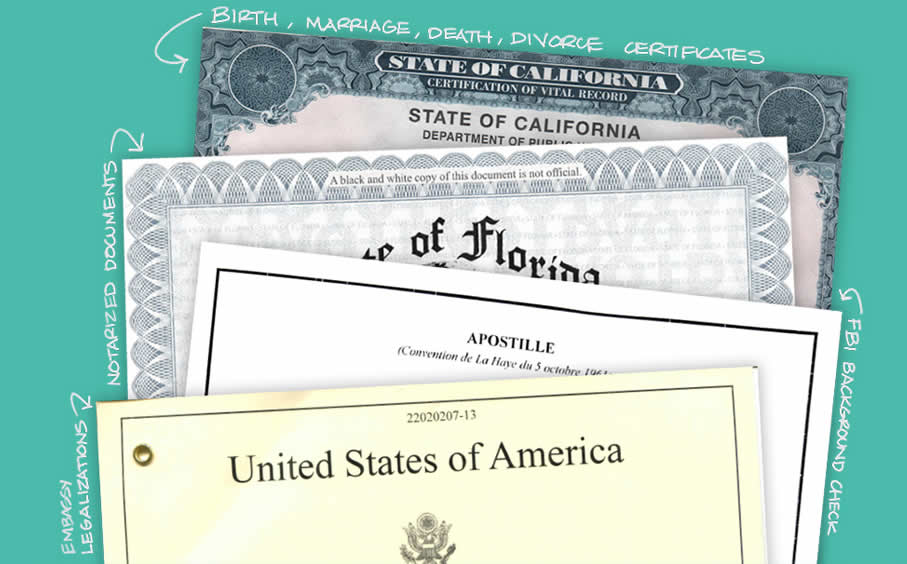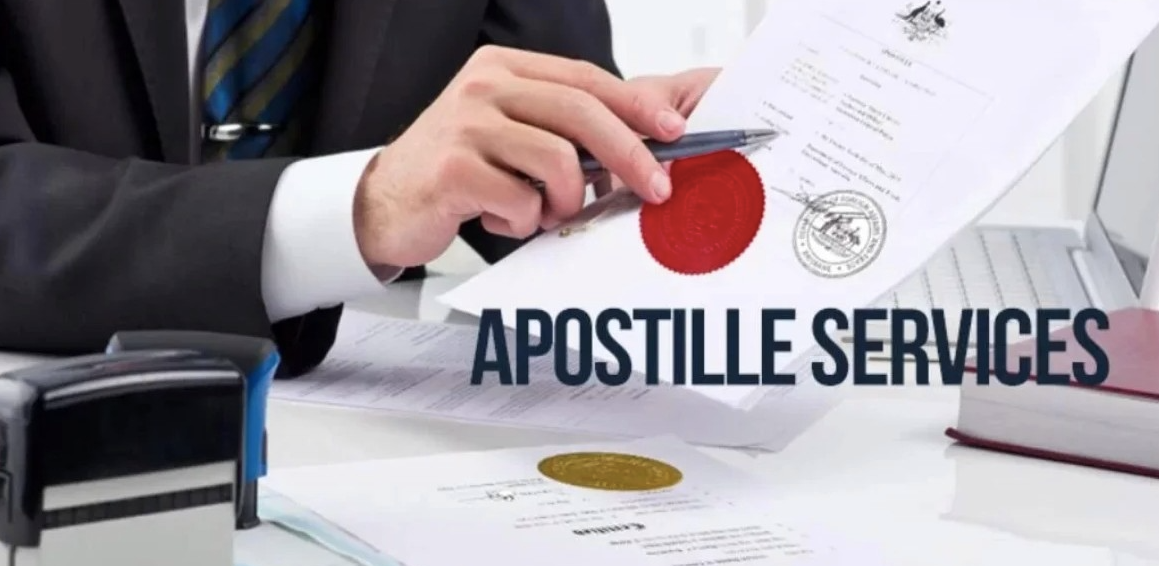Looking Into the Reasons Behind the Necessary Demand of Apostille Accreditation for Legal Papers
In the realm of legal documentation, the mandatory requirement of apostille qualification has actually ended up being a necessary element that substantially affects the validity and acknowledgment of lawful documents on a worldwide scale. Recognizing the reasoning behind this requirement involves delving right into the complex web of legal complexities, historic precedents, and global contracts that highlight the relevance of apostille accreditation in today's interconnected world. By exploring the underlying reasons behind this extensive demand, a more clear photo emerges of why this apparently administrative process holds such tremendous value for people, companies, and federal governments alike.
Historic Development of Apostille Certification
Just how did the idea of apostille accreditation advance gradually to become an essential component of worldwide record recognition? The historical advancement of apostille qualification go back to the very early 20th century. The demand for a simplified technique of validating records for use across boundaries came to be obvious as international profession and traveling raised. In feedback to this requirement, the Hague Conference on Personal International Law introduced the Apostille Convention in 1961. This worldwide treaty established a streamlined process for certifying the authenticity of files to be recognized in member countries.
Originally adopted by a couple of European nations, the Apostille Convention gradually acquired international acceptance as a result of its efficiency and performance in verifying the authenticity of official papers. Over the years, the convention's reach broadened as even more countries joined, recognizing the apostille as a widely approved form of record authentication. Today, apostille accreditation has ended up being a basic demand for verifying lawful papers in worldwide transactions, making sure smooth interaction and legal proceedings between countries.
Simplifying International Document Legalisation
The streamlining of worldwide document legalization treatments has actually dramatically enhanced effectiveness in cross-border transactions. Simplifying the procedure of legislating files for global usage has come to be vital in assisting in swift and smooth deals in between nations. Among the crucial mechanisms that have added to this simplification is the fostering of the Apostille Convention, which supplies a standard approach for validating the authenticity of papers across participating nations.
By sticking to the Apostille needs, nations consent to acknowledge each various other's public records as legitimate without the demand for more legalisation. This eliminates the lengthy and usually troublesome process of several verifications by various authorities, conserving time and sources for services and people involved in international tasks.

Guaranteeing Document Credibility and Legitimacy
To guarantee the authenticity and legitimacy of lawful papers in international deals, rigid confirmation procedures are vital. By calling for apostille accreditation for lawful documents, authorities aim to authenticate the origin of papers and verify the trademarks of individuals entailed.
Furthermore, confirming the credibility of legal papers with apostille my link certification boosts count on and self-confidence among parties involving in worldwide transactions. Ultimately, by upholding rigorous verification criteria, apostille accreditation adds to a much more clear and safe global lawful structure.

Facilitating Cross-Border Legal Acknowledgment
In the realm of worldwide purchases, the apostille accreditation not only makes sure the authenticity and legitimacy of legal files however additionally plays a critical role in facilitating cross-border legal acknowledgment (Houston Apostille). When legal papers bear an apostille certification, they are conveniently approved by foreign authorities without the requirement for more confirmation. This structured process expedites the recognition of papers in various countries, promoting effectiveness and decreasing bureaucratic difficulties in lawful issues that go beyond nationwide limits
Assisting in cross-border legal acknowledgment via apostille accreditation fosters depend on and self-confidence in the credibility of records exchanged in between nations. This recognition is particularly vital in scenarios such as worldwide organization transactions, fostering procedures, or legal proceedings involving parties from different jurisdictions. By adhering to the criteria stated by the Apostille Convention, nations accept honor the apostille seals fastened to papers from various other member countries, hence simplifying the procedure of legal acknowledgment across borders. Inevitably, the apostille certification acts as a fundamental device in advertising smooth international lawful participation and making sure the smooth procedure of cross-border deals.
Compliance With International Treaty Specifications
Compliance with worldwide treaty requirements is imperative for making sure the consistent application of legal laws throughout getting involved nations. The Apostille Convention, established in 1961, outlines the requirements for the acceptance of public records among member nations.
The Apostille certification, as mandated by the treaty, serves as a warranty of authenticity for files such as birth certifications, visit this page marriage licenses, court judgments, and notarized actions. This standard approach helps avoid scams and ensures that legal papers stemming from one participant nation are readily accepted in one more. By conforming with worldwide treaty criteria, countries demonstrate their dedication to maintaining the concepts of transparency, depend on, and teamwork in lawful issues on a global scale.
Verdict

In the Get the facts world of legal documentation, the compulsory need of apostille certification has become a necessary facet that dramatically impacts the legitimacy and acknowledgment of lawful documents on an international scale. Today, apostille certification has become a basic demand for verifying legal papers in worldwide deals, guaranteeing smooth communication and legal proceedings between nations.
Moreover, verifying the authenticity of lawful papers with apostille accreditation enhances trust and self-confidence amongst parties engaging in global deals.In the realm of global purchases, the apostille accreditation not only ensures the credibility and credibility of legal documents but additionally plays an essential function in helping with cross-border legal acknowledgment. By adhering to the standards established forth by the Apostille Convention, countries agree to honor the apostille seals fastened to papers from other participant nations, thus streamlining the procedure of legal acknowledgment across borders.